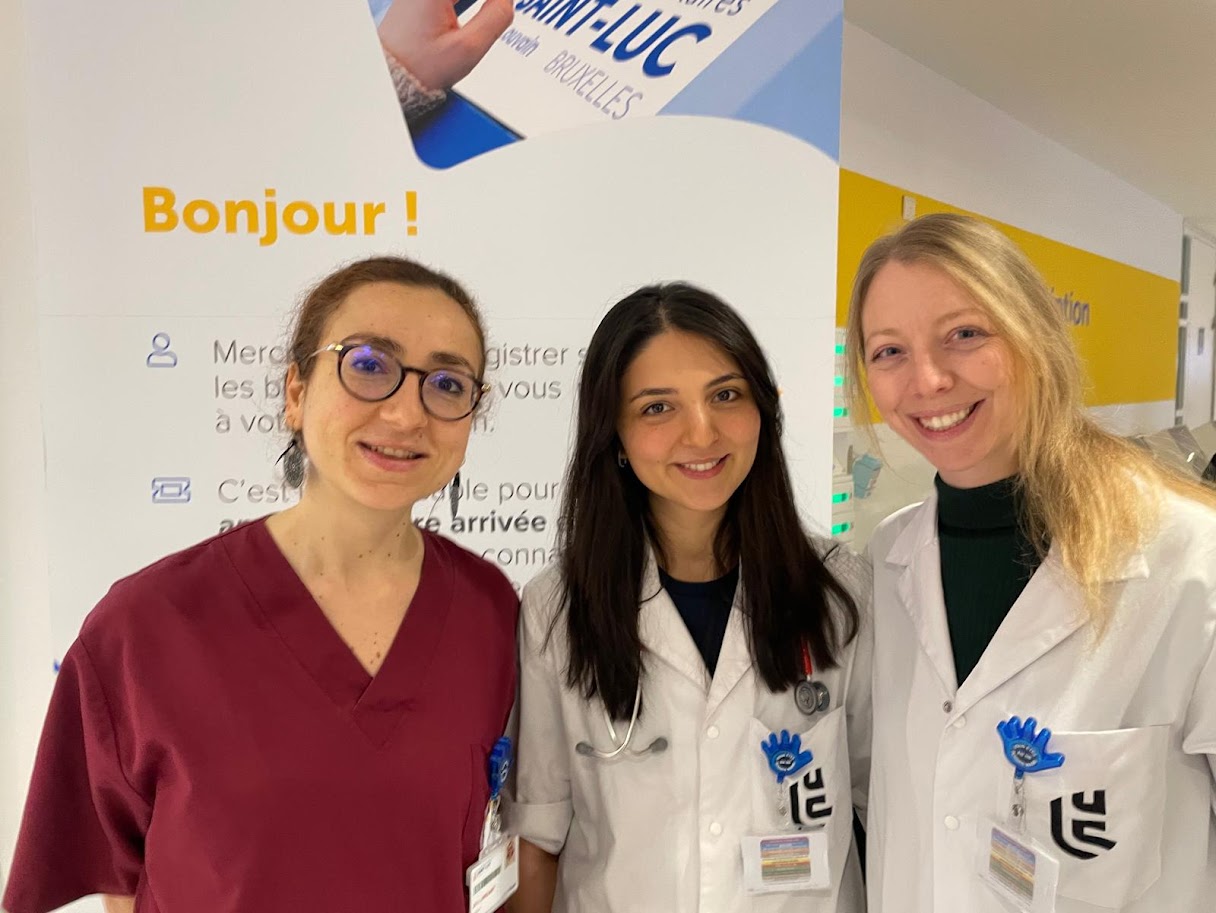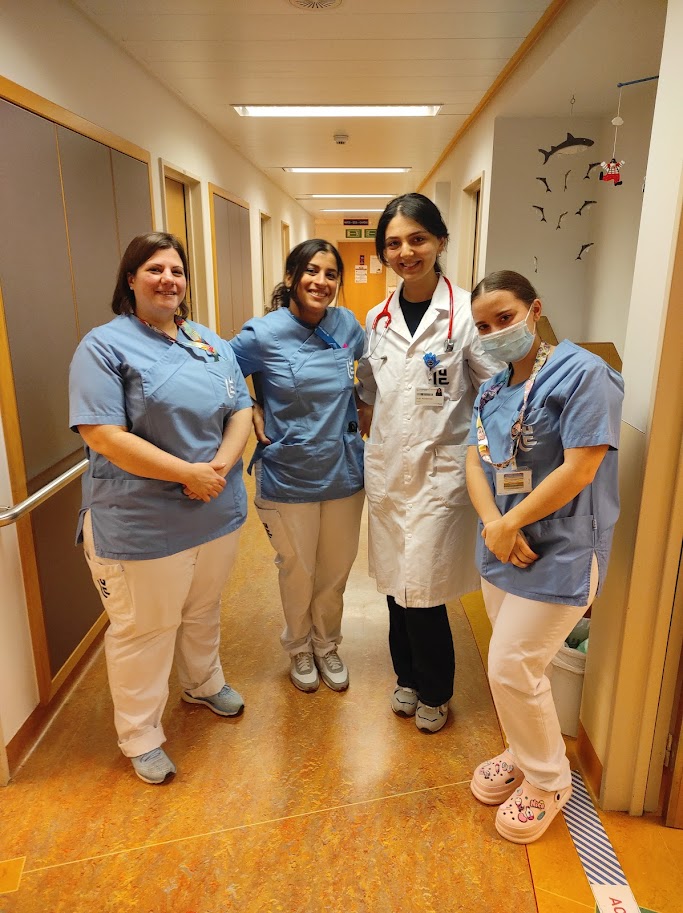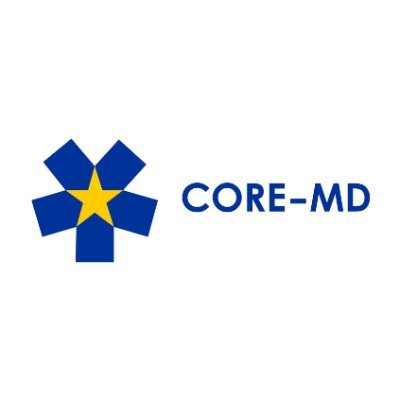ExPaedition Report 2024
December 19, 2024
Read About the first EXPAEDITION!
2-5 December 2024
yEAP Exchange Program at UCLouvain Cliniques Universitaires Saint-Luc
Brussels
The yEAP exchange program provided an exceptional opportunity to observe paediatric healthcare practices in Belgium and foster cross-border collaboration. During the four-day observership in the Paediatric Cardiology Department, the participants gained profound insights into the Belgian healthcare system, clinical decision-making, and interprofessional collaboration.
The Belgian team was incredibly kind and welcoming. Without exception, they took time to explain procedures, organizational structures, patient cases, and their perspectives on healthcare.
This fostered a teaching environment where knowledge was freely shared, enriching the experience for junior doctors.
Paediatric cardiology is a small, tightly knit international community. The participants had already met some of the doctors at previous conferences, making this exchange a unique opportunity to strengthen professional relationships.
This specialization requires constant innovation, as new diseases (e.g., genetic cardiomyopathies) and advancements in surgical and interventional techniques emerge rapidly.
Concrete Experiences
Day 1: Observed the weekly Decision Médico-Chirurgicale (DMC) meeting, equivalent to the French Staff Médico-Chirurgical. Patient cases for the week were discussed, offering insight into their reasoning and decision-making process, and highlighting differences in approach compared to France.
Days 2 & 4: Observed catheterization procedures for congenital heart diseases. Despite technical challenges (e.g., a ruptured balloon), the team demonstrated impressive adaptability, involving surgeons and intensivists to manage complications seamlessly.
Day 3: Participated in bedside ward rounds involving the entire cardiology team. The multidisciplinary approach ensured all specialists were well-informed, and families received clear communication and updates.
The Belgian system, with its smaller population, allows for closer surveillance and deferred surgical interventions without overburdening waiting lists.
Postoperative stays were notably longer (7–10 days vs. 5 days in France), reflecting differences in monitoring and postoperative care standards.
The healthcare model, involving mutual insurance systems and justification for medical exams, highlighted a contrast to the French system.
This experience reinforced the foundation for future collaboration, whether for shared projects or international research initiatives. The similarities in organization between the Belgian and French systems make integration of common projects feasible.
This exchange not only enhanced our clinical understanding but also strengthened our appreciation for international collaboration in highly specialized fields. Communication was effortless due to the francophone environment, though non-French-speaking participants faced some challenges. The Belgian team's bilingual adaptability (French and Flemish) was commendable and reflective of their inclusive approach. We look forward to reuniting with these colleagues at future conferences and anticipate potential joint projects in paediatric cardiology.
Léa, Shelale and Zsófia
About the authors:
List of Authors
Léa Linglart
Léa is a yEAP member from France
Shelale Polukhova
Shelale is a yEAP member from Azerbaijan
Zsófia Csizek
Zsófia is a yEAP Member from Hungary



